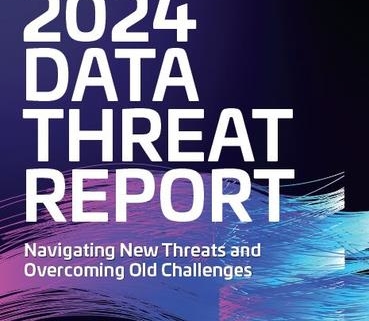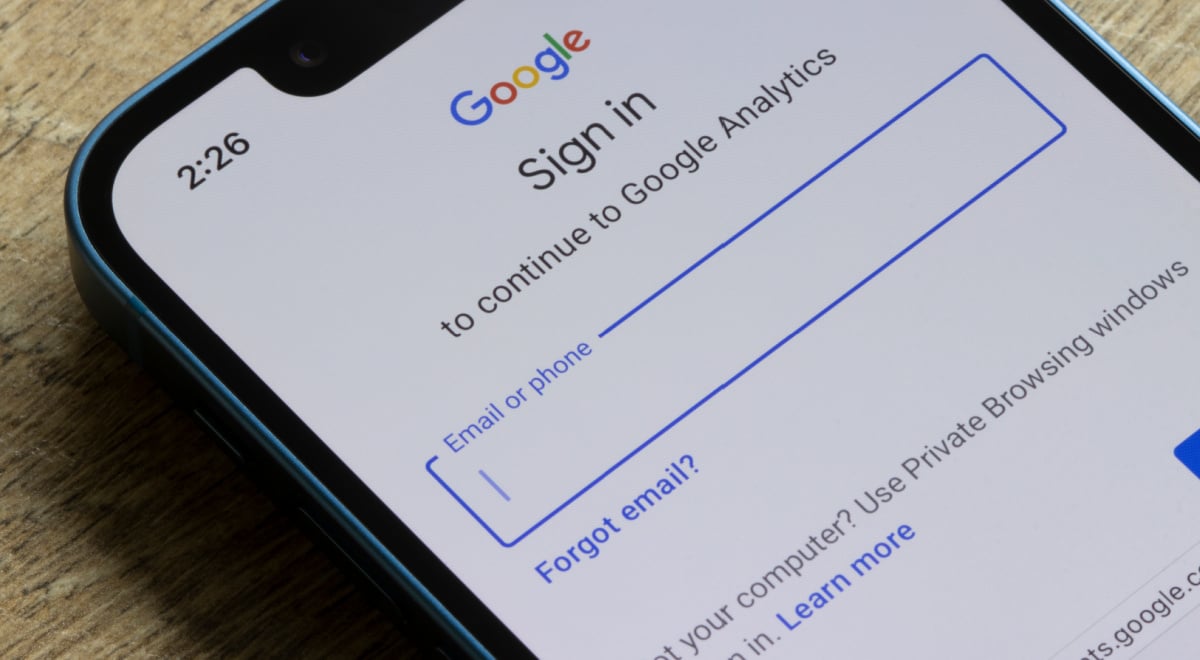2024 Thales Data Threat Report Reveals Rise In Ransomware Attacks, As Compliance Failings Leave Businesses Vulnerable To…
(MENAFN– AETOSWire) (BUSINESS WIRE ) — Thales today announced the release of the 2024 Thales Data Threat Report , its annual report on the latest data security threats, trends, and emerging topics based on a survey of nearly 3000 IT and security professionals in 18 countries across 37 industries. This year’s report found that 93% of IT professionals believe security threats are increasing in volume or severity, a significant rise from 47% last year.
Threats continue to increase in volume and severity
The number of enterprises experiencing ransomware attacks surged by over 27% in the past year. Despite this escalating threat, less than half of organisations have a formal ransomware plan in place, with 8% resorting to paying the ransom demands.
Malware stands out as the fastest-growing threat of 2024, with 41% of enterprises witnessing a malware attack in the past year – closely followed by phishing and ransomware. Cloud assets, including SaaS applications, cloud-based storage, and cloud infrastructure management, remain the primary targets for such attacks.
The report shows that for a second year running, human error remains the leading cause of data breaches, with 31% of enterprises pinpointing this as the root cause.
These insights are drawn from the 2024 Thales Data Threat Report, conducted by 451 Research. The report sheds light on how businesses are adapting their data security strategies and practices in response to an evolving threat landscape.
Compliance is the key to data security
The research found that over two fifths (43%) of enterprises failed a compliance audit in the past twelve months – with the report highlighting a very clear correlation between compliance and data security.
Of those that had failed a compliance audit in the past twelve months, 31% had experienced a breach that very same year. This compares to just 3% of those who had passed compliance audits.
Operational complexity continues to cause data headaches
Fundamental understanding of what systems, applications, and data are at risk continue to lag due to changing regulatory and threat landscapes. Only a third (33%) of organisations are…





